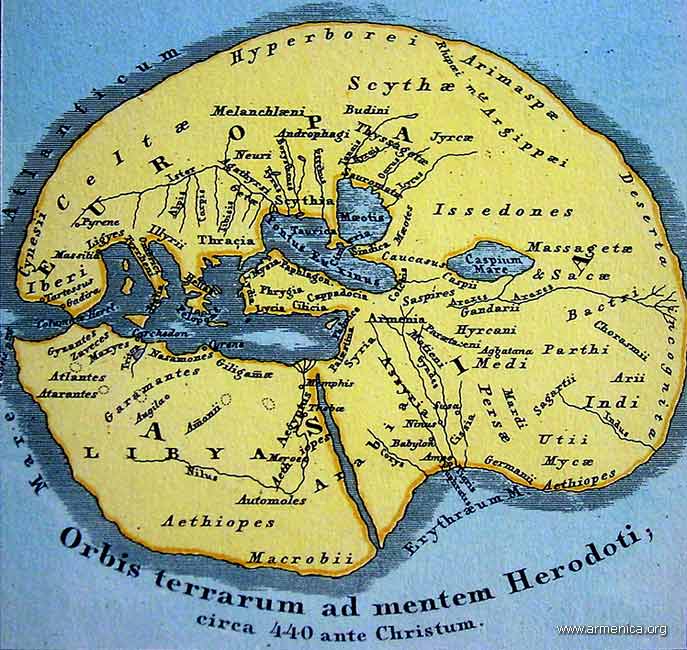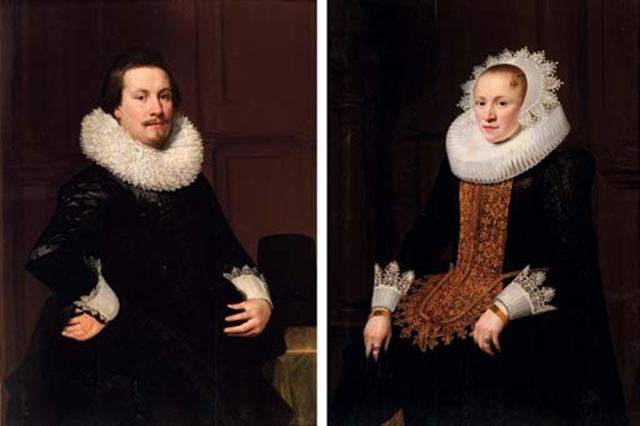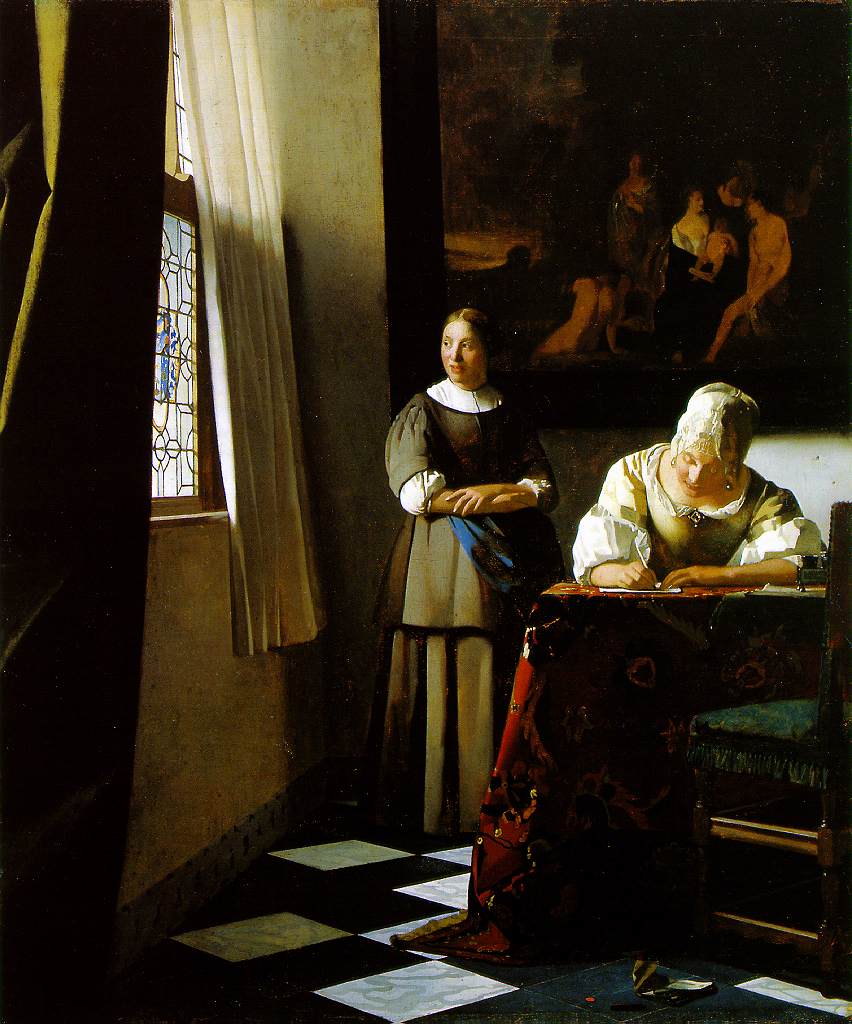Randall Stephens
Over a month ago I interviewed Robert Darnton at this blog on the ongoing discussions about a Digital Public Library of America. Of course, in addition to being a spokesperson for a national digital library and director of Harvard libraries, he is also an accomplished historian. He's written or edited a variety of books, including The Business of Enlightenment: A Publishing History of the Encyclopédie (Belknap Press of Harvard University Press, 1979); The Great Cat Massacre and Other Episodes in French Cultural History
(Basic Books, 1984); Berlin Journal, 1989-1990
(W. W. Norton, 1991); The Forbidden

Best-Sellers of Prerevolutionary France
(W. W. Norton, 1995); and The Devil in the Holy Water, or the Art of Slander from Louis XIV to Napoleon
(University of Pennsylvania Press, 2009). His most recent book, Poetry and the Police: Communication Networks in Eighteenth-Century Paris (Belknap Press of Harvard University Press, 2010), examines how songs sung on 18th-century Paris streets "provided a running commentary on public affairs . . . during a period of rising discontent. He uncovers a complex communication network, illuminating the way information circulated in a semi-literate society."*
I spoke with Darnton back in April about his research for the book, the surprising story he found, and the importance of oral sources for the study of history. (Thanks to Carissa Schutz, my admin assistant for transcribing the interview.)Stephens: In Poetry and the Police you write about the transfer of information and the spread of news and gossip in the 18th century. What do historians know about literacy in France during this age?Robert Dartnon: Yes, of course, it’s very difficult to know exactly what the literacy rates were 250 years ago, we have dubious sources, notarial archives, registers of people signing baptisms and marriage, that sort of thing. On the whole we have rough estimates. Urban France was more literate than rural France. It turns out that northern France was more literate than southern

France, and so on. But the fact is that this was a society where people were largely illiterate, and those who could read often had only a primitive capacity to do so.
So, think of Paris around 1750. How did people know the news? How do they get information about current events? Well, they did so through oral means. There are certain places where they’d go to gossip about what was actually happening. And there were no newspapers in the modern sense of the word. The
Gazette de France was heavily censored. All periodical literature actually was censored. So you could say for printed versions of the news, it hardly existed.
What I argue in this book is that they found out about current events through oral exchanges and in particular through songs. Paris was full of street singers, many were beggars, they had fiddles. They would set up shops, so to speak, at a street corner, fiddle away and ball out a song. The songs that they sung were news essentially. That is to say Parisians were improvising new words to old tunes every day. It’s astonishing what the production was. And it wasn’t terribly difficult to compose these songs. They were very simple ballads mostly. There’s some intrigue in the government, or the king has a new mistress, or the price of bread is shooting up, or it might just be the weather. People were discussing this in music through new verses to old tunes. And I came upon a wonderful run in the archives of manuscript, little sheets of paper, on which people jotted down the new verses and then carried them around in their pockets, traded them for other bits of paper, on which there were other verses.
Stephens: It was like an underground press in a way?Darnton: It was like an underground press, but the fascinating thing is that they were then sung. Not just by the beggar and then street singers, but by ordinary people in market places, sometimes in cafes, often in public gardens. I mean, Paris was full of song. And of course historians haven’t paid much attention to this because oral information doesn’t get recorded by and large. What I did was to try and figure out what the messages were so I went through vast collections, hundreds and hundreds of these songs and I have statistical estimates

of how many there were. I could prove, for example, that there were at least three new songs composed every week around 1750, but that’s just from the evidence that has survived in the archives. I would say that we’ve got a dozen new songs almost every day being composed.
The question then is, what did they sound like? Because the music, the tunes, could’ve actually reflected the meaning of these songs and when you see the references to them in the archives, there are scrapbooks called
Chansonnier that you can go through. This notes “sung to the tune of” and name of a tune that I, at least, had never heard of such as “La Béquille du père Barnabas,” or, in English, “The Crutch of Father Barnabas.” Well no one has ever heard of that tune I think today. And then I found that in the music department of the Bibliothèque nationale de France, they have keys to the tunes. So I can look up “The Crutch of Father Barnabas” and there I get the musical annotation.
A friend of mine Hélène Delavault is a cabaret singer in Paris and she agreed to record the songs. Therefore, the book I wrote has the texts of a dozen of these songs as examples of what was actually flowing through the streets of Paris around 1750. The reader can read the original French and then my translation of it and at the same time tune in to Hélène Delavault recording online which is available free of charge. (
Listen to them here.)
Stephens: That’s available on the Harvard University Press website? Darnton: That’s right. There’s a Harvard Univ. Press website but it’s open access, it’s free, and it’s a way of , so to speak, hearing the past. I mean, recovering sounds from the past. Not perfectly because this cabaret performer Hélène Delavault has quite a beautiful voice actually and the street singers were pretty coarse, but still you can get at the way tunes carried meanings, which were largely political.
In fact in April in 1749 the government fell. There was a big political crisis and all the contemporaries agreed about the cause of the crisis. In one word: songs. It sounds strange, and that’s a little too simple, but in fact there’s lots of evidence that the government fell because of a particular intrigue that took the form of a nasty song about the king and Madame Pompadour. So there’s no question that songs could actually be a factor in political crisis.
Stephens: Could royal authorities do anything about that? Could they squelch the singers? Was there an official attempt to do so?Darnton: There was, yes, because this was such a powerful political force that the royal authorities paid attention to it. And actually I begin the book with a sort of detective story because the head of the Parisian police received an order from the top person in the government: Find me the author of the song that begins with, and they just had the first line: “Monstre dont la noire furie” (Monster whose black fury). That’s all they knew. The monster was Louis XV. They had to somehow find the author to this song. So they had spies in cafes and they fanned out and eventually one of the spies actually found a student who had recited this song/poem and he is arrested through a kind of ambush. It’s very amusing to see how they staged the arrest, because they didn’t want the word to spread that they were cracking down. They wanted to find accomplices, other people who were connected. So his name was François Bonis. He was interrogated in the Bastille. He said where he got the song. That person was arrested; so A got it from B, B got it from C, C got it from D, then D says “yup, I got it from E,” but meanwhile I got three other songs or poems from X, Y, and Z. And they’re all arrested. And they got poems and songs from other people so soon the police were trailing six poems and songs through overall networks of diffusion in Paris. And you can map the way the songs work into Parisian society with tremendous precision. So it’s possible, thanks to this police force, to actually do a very serious sociological study of oral diffusion.
Stephens: It sounds like one of the lessons of this is that even if a state pursues censorship, there will be ways that people will communicate, gossip with one another.Darnton: Yes that’s one of the things I find fascinating because the state around 1750 could definitely control the printed word. If gossip escapes from their control, they crack down on it. They understand that it’s important, but they can’t stop it. So they really do have spies in all of the major cafes. In a separate run of documents I found reports of police spies that are written in dialogue. Now whether the dialogue is perfectly accurate, I don’t know. In the document X says to Y and Y responds to X, and you can reproduce the dialogue that occurred there according to the police spies. Now I don’t know if the spies touched up things in order to ingratiate themselves to their superiors. Police archives have to be read with a lot of skepticism, but still you can find the subjects that are being discussed and it’s clear that the state is very concerned about oral means of diffusion, even though this is in principle an absolute monarchy.
It’s a fascinating moment in which you see an old form of absolutism going back to Louis XIV and the 17th century confronted with a growing sense of participation in public affairs, if only by

discussion. So you could say this is an example of Jürgen Habermas’s work on the public sphere. I’m not totally convinced by Habermas’ thesis, although I think it’s an important one. Certainly it is possible to reconstruct the way political acts and ideas, public affairs are being discussed and disseminated throughout a very large public.
Stephens: And this happens at a specific point in western history when this was possible? It sounds like it was almost a transitional point before the press has more freedom and influence.Dartnon: That’s right I think this does indeed represent an intermediate phase. It’s quite a long phase. How can you precisely date it? But certainly around 1750 in big cities, even smaller cities, but especially Paris, there’s a huge interest in public affairs. It often accompanies war so from 1740 - 48 you’ve got the War of the Austrian Succession and then 1756 - 63 the Seven Years War. People follow the war and they want information. But you could get it somewhat from the official newspaper, especially when there were victories. But when things go badly you get it by going to certain benches in the Luxembourg Gardens where gossips gather. There’s a tree in the garden of the Palais-Royal called the Tree of Cracow and everyone who was interested in what was really happening would go to this tree where people were just gossiping about politics nonstop. It

reached such a level that some foreign ambassadors actually sent servants to plant gossip or to pick it up because people wanted to know what was happening. And you couldn’t do this through the printed word.
Stephens: It seems too that there’d be other examples of this in other cities. I don’t know how far back the Speakers’ Corner in London’s Hyde Park dates.Darnton: It is fascinating to compare London and Paris. It’s not just Hyde Park but the London coffee houses and the Parisian cafés were doing very similar things. But of course working class people didn’t go to cafes so much. They went to drinking establishments, guinguettes some of them are called, which are different in character but that didn’t stop them from gossiping.


























